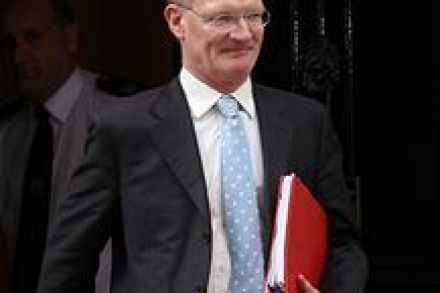The coalition’s university challenge
The contours of an agreement on how to pay for university education are clearer today after Rachel Sylvester’s interview with David Willetts. Up-front fees look to be on the way out. Willetts tells Sylvester, ‘It’s very important that it’s signaled very clearly that the money that is paid back comes out of your earnings once you have graduated and are in work.’ It also seems that different courses at different institutions will have different prices. Willetts proclaims that he wants something that ‘links you to your university and the course you did at that university.’ So far, this looks like simply collecting variable fees through the tax system. But the



















